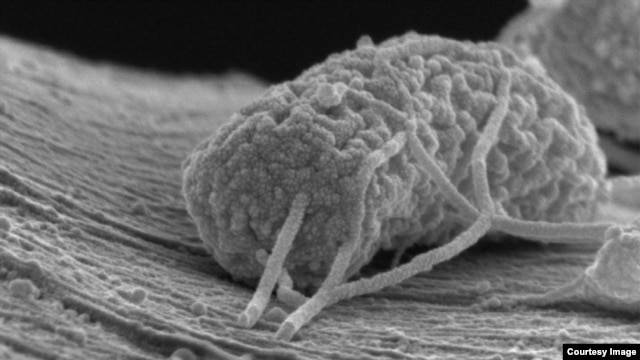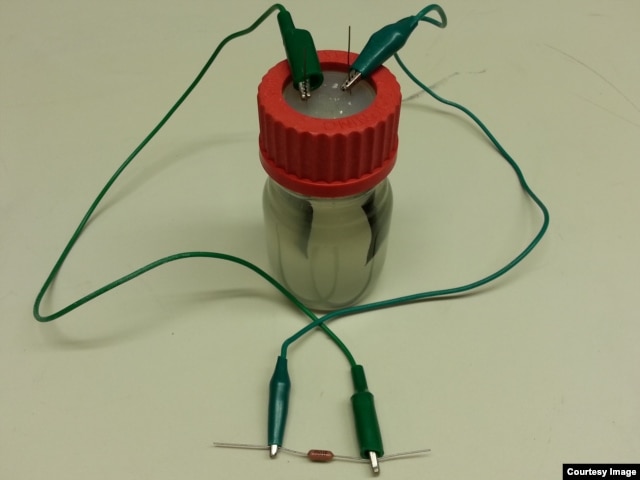- Oct 7, 2011
- 38,401
- 4,162
- 1,130
In January of 2008, then Senator and presidential candidate Barack Obama, talking about his energy plan, told the San Francisco Chronicle, When I was asked earlier about the issue of coal
under my plan of a cap and trade system, electricity rates would necessarily skyrocket
He wasnt kidding.
While he was talking about his cap and trade plan, something that went nowhere in Congress, even when Democrats controlled it with a filibuster-proof majority in the Senate, his objective of changing how we generate electricity hasnt changed. Neither has his lack of concern for the cost to consumers.
President Obama hates coal because he has deemed it too dirty. Its also the largest generator of electricity in this country. Were there a cheaper, easier (and even cleaner) source of electricity generation the market would have embraced it because thats how markets work. But there isnt, at least not yet.
But rather than allow the market to work, something new to be developed, the President seeks to force it, to steer it where he wants it to go. Its something politicians have tried to do since there was a market to steer, and something theyve failed to do successfully since their first try (Great Leap Forward anyone?).
President Obama wants to steer electricity generation away from coal to natural gas. The only problem with that is our system is set up for coal, coal is abundant and coal is easier to get. While the market may naturally gravitate to natural gas as it becomes easier to get through fracking, something the Left has demonized and is fighting, were not there yet...
Read More:
Electricity Bills Are About to 'Necessarily Skyrocket'
While he was talking about his cap and trade plan, something that went nowhere in Congress, even when Democrats controlled it with a filibuster-proof majority in the Senate, his objective of changing how we generate electricity hasnt changed. Neither has his lack of concern for the cost to consumers.
President Obama hates coal because he has deemed it too dirty. Its also the largest generator of electricity in this country. Were there a cheaper, easier (and even cleaner) source of electricity generation the market would have embraced it because thats how markets work. But there isnt, at least not yet.
But rather than allow the market to work, something new to be developed, the President seeks to force it, to steer it where he wants it to go. Its something politicians have tried to do since there was a market to steer, and something theyve failed to do successfully since their first try (Great Leap Forward anyone?).
President Obama wants to steer electricity generation away from coal to natural gas. The only problem with that is our system is set up for coal, coal is abundant and coal is easier to get. While the market may naturally gravitate to natural gas as it becomes easier to get through fracking, something the Left has demonized and is fighting, were not there yet...
Read More:
Electricity Bills Are About to 'Necessarily Skyrocket'



